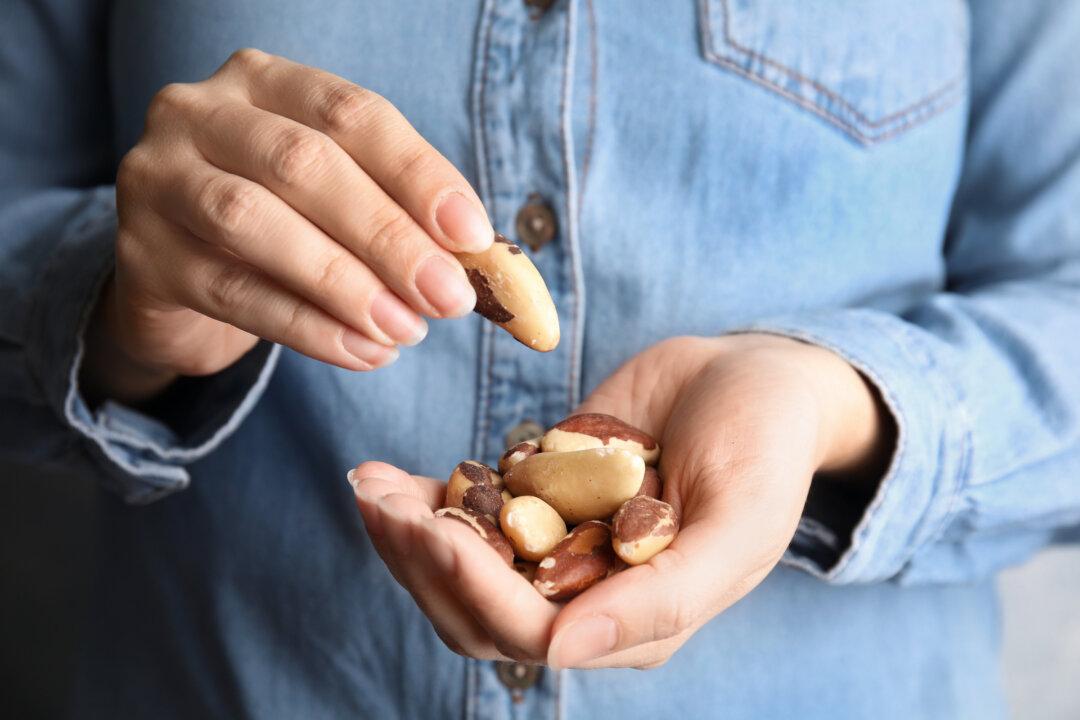Blue zone guts are pretty impressive. I’m not talking about the bellies in the Labatt section of the stadium. I mean the global blue zones: places around the world where inhabitants regularly live in good health to more than 100 years old.
Gut health is dominating conversations about health and longevity. And why shouldn’t it? Research shows the microbial population living in your gut—your microbiome—can play a role in immune strength, mood, inflammation, and cognitive function.





